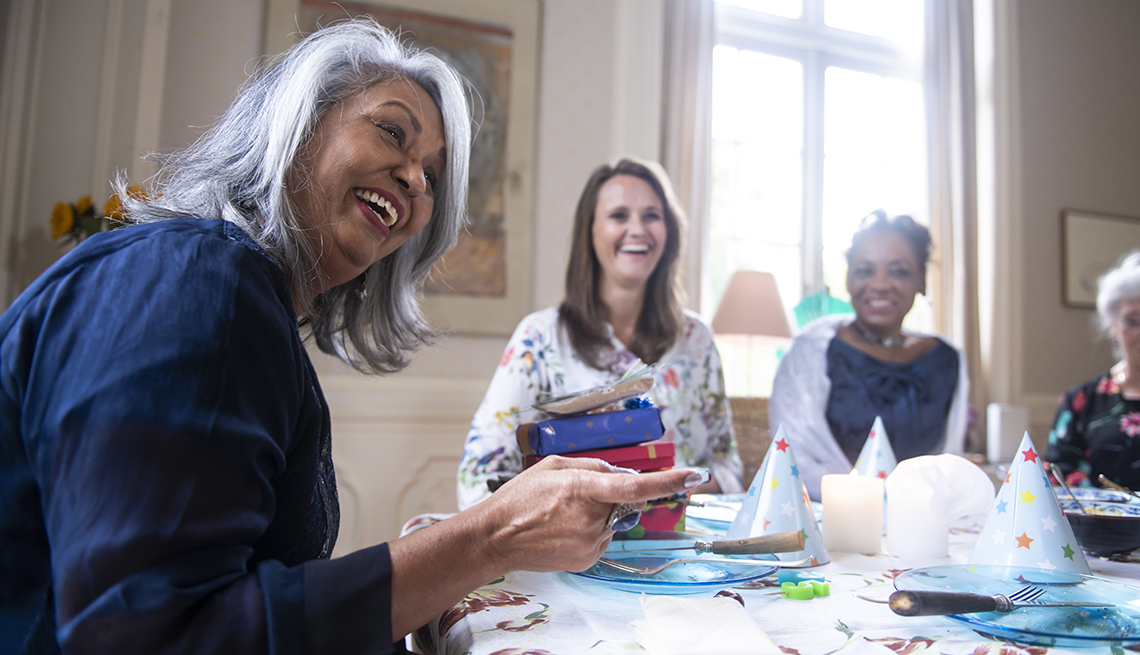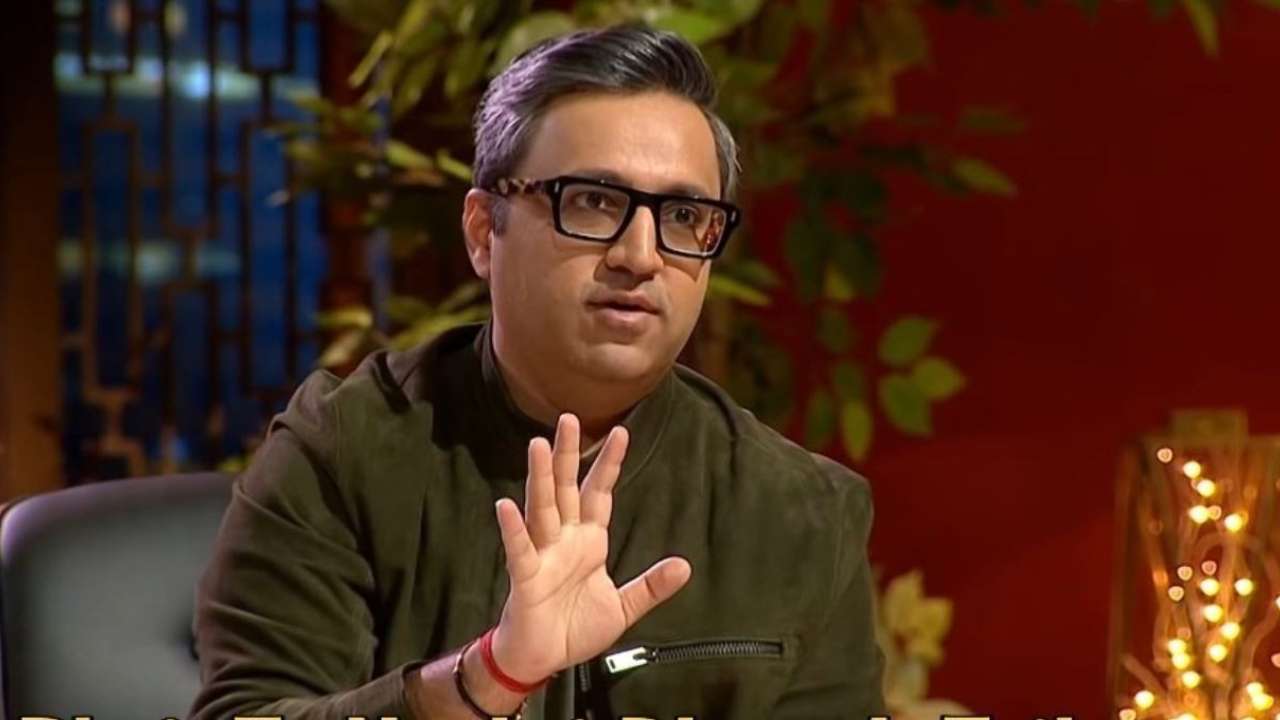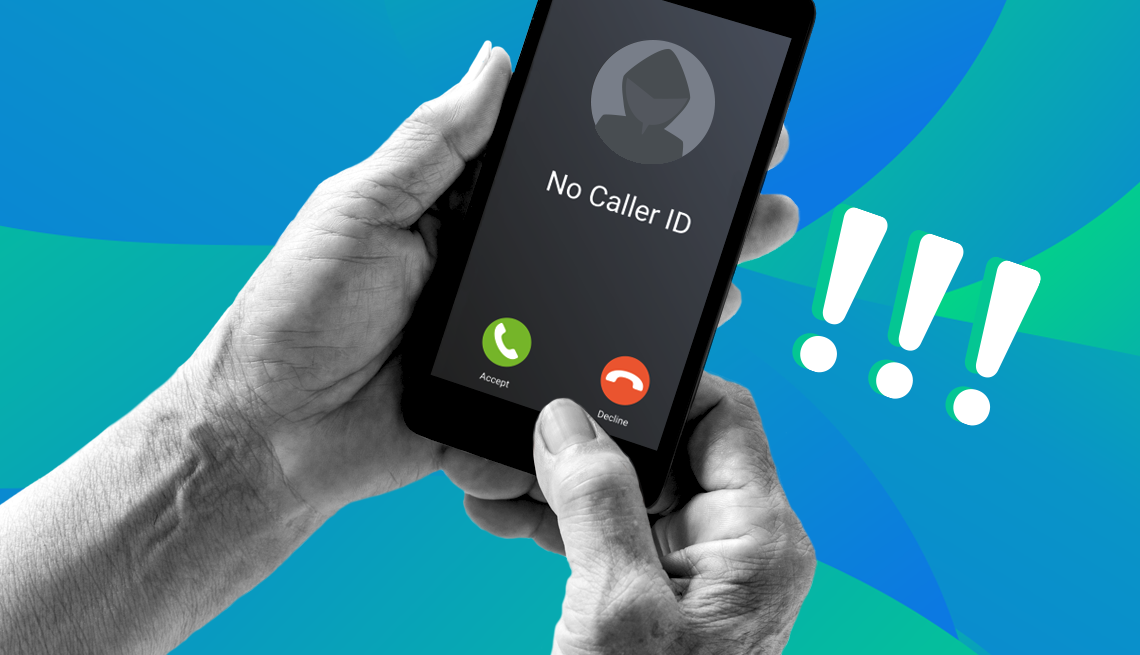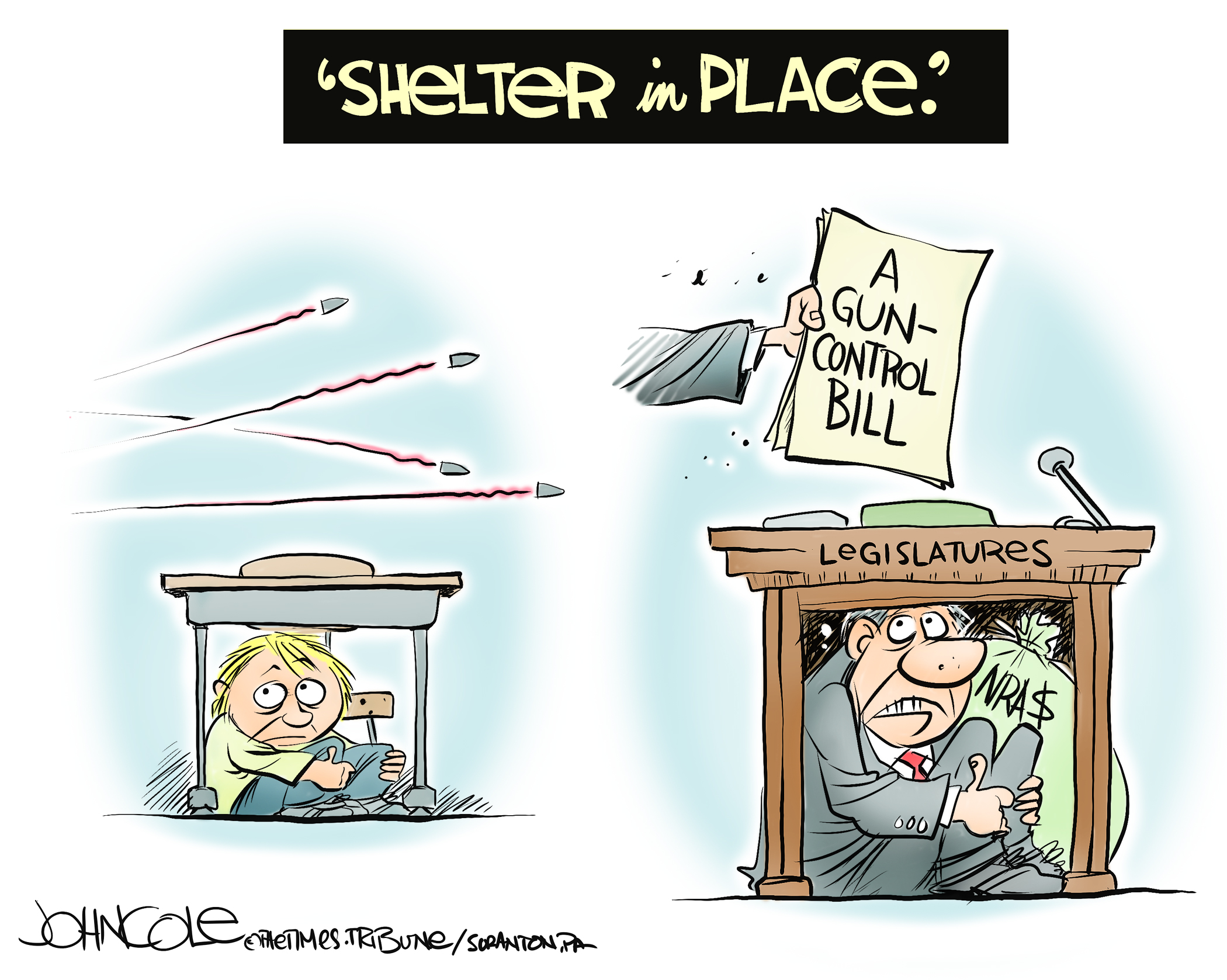
- Select a language for the TTS:
- UK English Female
- UK English Male
- US English Female
- US English Male
- Australian Female
- Australian Male
- Language selected: (auto detect) - EN
Play all audios:
The strange cosmic dance between the media and the Duke and Duchess of Sussex took a new turn this week, when Meghan revealed, during a documentary by ITV about the couple’s time visiting
South Africa, that she had been warned not to marry Prince Harry because of UK tabloids. It seems somewhat churlish of the duchess to scorn the medium through which her fame is perpetuated.
Yet, it’s a narrative we have seen before, with Harry’s elder brother the Duke of Cambridge. The media are all evil, and shouldn’t shine a light on royals, except to promote the things they
want to be promoted. They still don’t seem to get that this tired old line wins them no sympathy, and isn’t how things work. The duke and duchess have agendas. They have causes, missions,
things they believe in. Things they want to achieve and change. And that is fine. The thing is, the only reason we care about them as individuals – and might therefore be prepared to listen
to their views on the issues they hold dear – is because they are members of the Royal Family. They have a vast platform on account of their theoretical constitutional significance. In a
democracy, even one with a monarchy at its head, accountability of key figures is vital. Even Her Majesty is not above scrutiny by the press. How she handles it is by not doing anything
worthy of too much criticism. Unlike the Queen, however, Harry and Meghan will never be more than a duke and duchess. But instead of keeping a low profile – as other minor royals in the past
have done – they have decided to trade in their roles as royals by becoming partisan players. Their real sway comes with their celebrity. And, while the impartial Royal Family is afforded a
degree of privacy in what it thinks behind closed doors, celebrities with opinions are not afforded the same courtesy – because they are not constitutionally significant. If you want to be
a public player, you play by the rules. If you have something to say, you better be prepared for people to disagree. The media, or, more specifically, ‘the tabloids’, are the best way of
disseminating the information the duke and duchess want in the public eye. It is the sort of advertising service other celebrities, and charities and corporations, can only dream of. For all
we talk of her fame as an actress, Meghan was hardly A-list before meeting the prince. Despite the expectation that royals be neutral, they continue to promote their views on the taxpayer’s
pound. They cannot then expect the taxpayer to withhold their views. Nor for newspapers to grit their teeth and provide the paying customer only one side of the story. That just doesn’t
rub. But it goes further than that. The public don’t like to be lectured, and nor do they like hypocrisy. It’s one thing to be subjected to the views of a celebrity, but quite another to be
told you have no right of reply to a royal telling you your choices and lifestyle are killing the planet, or aren’t progressive enough, as said royal jets around the world spending your
taxes on their lifestyle. The simple fact is that not all members of the public agree with what the duke and duchess have to say. And, on the things they do agree on, they dislike the fact
that the royal couple preach one thing and practice another. The couple need to get over that; they are not divine, and are not above criticism. The public don’t have the platform Harry and
Meghan have, so it is down to the press to give both sides; the same press that gave Harry and Meghan their platform in the first place. Without that press — fair, balanced, critical where
needed, praising elsewhere — no one would know, nor care, about what the pair thought or did. They would be irrelevant, which is clearly something neither of them wants, given how often they
thrust themselves into the public eye. If Meghan and Harry don’t want the criticism that comes with what they do, they should perhaps pick things to campaign on for which there is more
consensus. If they don’t want their private lives picked over, perhaps they shouldn’t do or spend public money on things the public might find curious.









